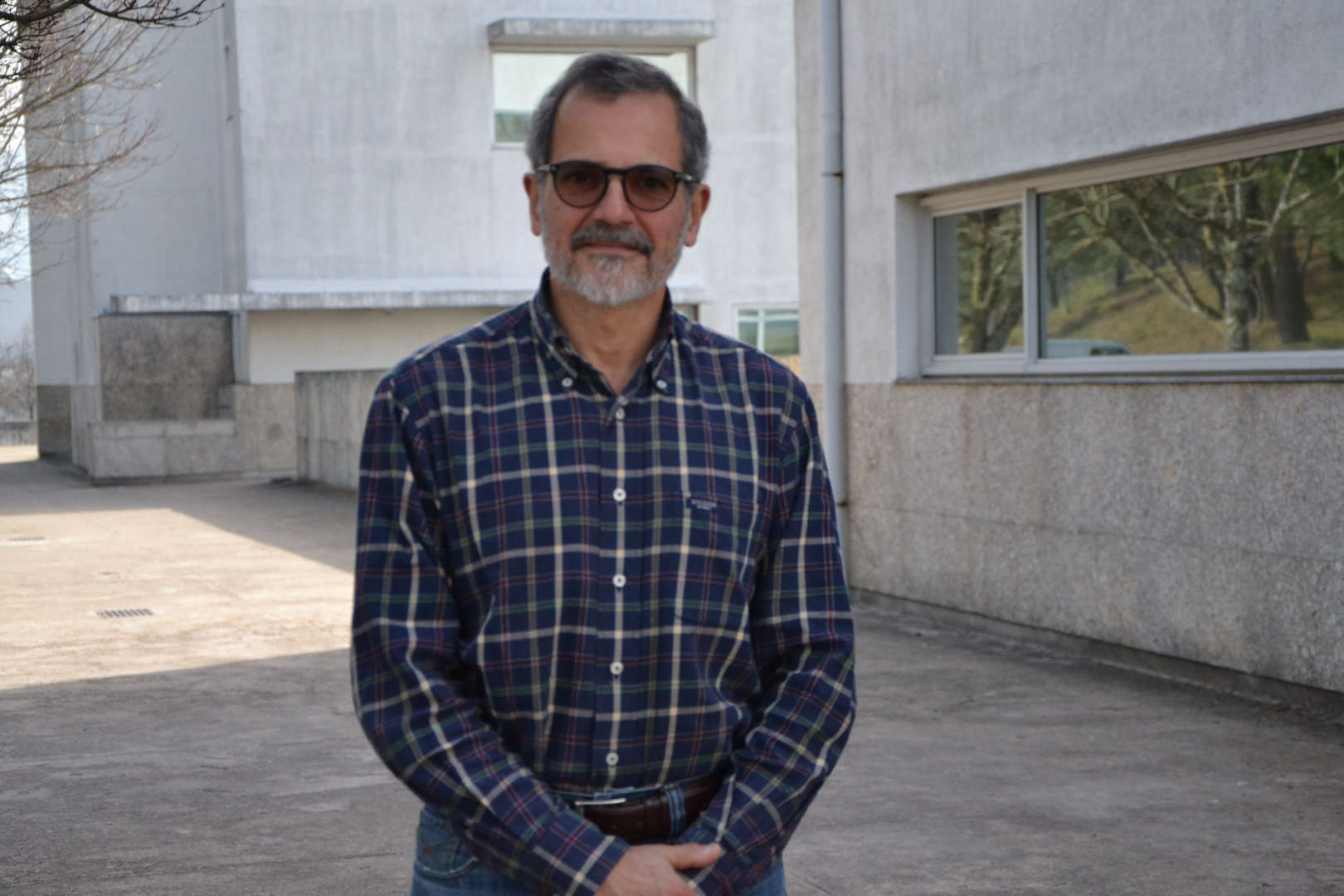About
I am Associate Professor at Universidade do Minho at the HASLab/ INESC TEC. My academic life revolves much around Systems Software. First it was compiler design for vector processor, then operating systems for multiple processors, then middleware and system services for mobile and distributed systems. Coming from a computer science group with emphasis on program correctness, I always have been curious about the role of performance (efficiency, timeliness, availability, etc.) on the architecture, design and configuration of software systems.
I am also co-founder of Eurotux SA, a company with focus on open software and systems and network administration. Since then it has evolved into and highly-scalable, cloud-based systems support.


